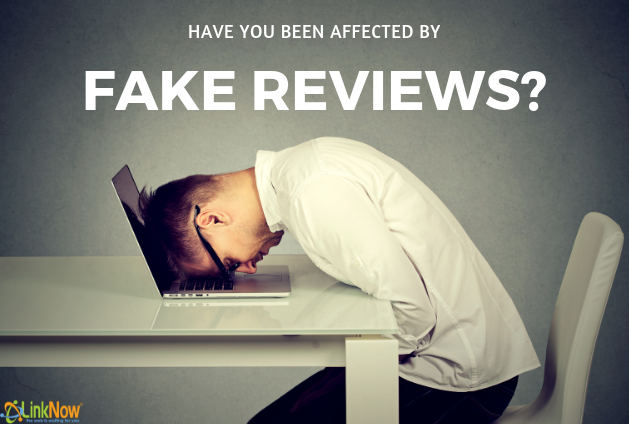
Throughout the past months, we’ve been writing a lot about the ways that review platforms like Yelp and Google control fake reviews. Google, for example, began systematically deleting anonymous reviews last spring in an effort to make it more difficult for black hat SEOs to do negative SEO attacks.
Unfortunately, it didn’t quite solve the problem. Although Google users can no longer post anonymously, they can still create fake profiles and use them to target the competition.
This is exactly what happened in early December, when small businesses across the U.S. and the world were suddenly bombarded with fake 4-star reviews.
Read on if you want to learn how to protect yourself from the next attack.
What We Know About The December Fake Review Attack
Although no one knows who was behind the fake review attack or what their endgame was, we do know a few things.
It appears that around 37 fake profiles were used to leave over 3 million 4-star Google reviews. When you divide it up, the average profile left around 81 000 ratings—in a matter of days. The small business owners affected by the attack were left confused and worried about their rank on Google.
After all, even though the reviews were all 4-star, many business owners speculated about whether they’d be punished for artificially inflating their rating.
Luckily, the sheer scale of the attack was enough to set Google in motion straight away. Within 5 days they had taken all (or nearly all) of the fake reviews offline. But even though the ratings returned to normal those affected still don’t have the answers they need.
Possible Motives For The Attack
After reviewing the affected businesses, it’s still unclear why they were targeted and not others. In many ways it appears to have been random. The only thing that connects all the victims together is that they were typically small businesses.
Many people asked why 4-star reviews were used for the attack rather than 1 or 2-star reviews. Perhaps it was an attempt to veil the attack in the hopes that Google would punish many of those businesses for inflating their ratings.
Although it’s pure speculation, there’s also the possibility that this was a kind of test operation—an attempt to work out a plan of action for another attack that would be subtler and on a larger scale. It’s hard to say exactly, but we’re happy it’s been taken care of.
It could’ve also been an attempt show that Google reviews are not so legitimate as they’d like them to appear. Vulnerabilities like the ones the attack made visible, serve to disrupt Google’s own trustworthiness—and the irony isn’t lost on us!
Why Is It Important To Understand Fake Reviews?
At LinkNow Media, reviews and ratings form a large part of our reputation management strategy. From the point of view of conversion, we know that most clients will check Google reviews before making a purchase.
The problem is not just related to conversion either. It’s also about trust. A lot of web traffic is the result of business listing website clicks. Business owners with untrustworthy reviews may experience sudden traffic drops simply due to clients opting for the competition.
It’s worth keeping in mind that Google establishes rankings with the trustworthiness of your online presence in mind. If you have fake reviews on Google (and elsewhere), you could find yourself running into problems with your rankings.
Conclusion
Keep track of who is reviewing your listings and what they are saying. Be vigilant. All the time. Every day.
If you notice suspicious activity, report it to Google. Take a look through SEO blogs to see if anyone’s talking about an attack. If you’re not sure about it or would like some advice, call LinkNow Media to speak with one of our SEO experts!

Comments are closed.